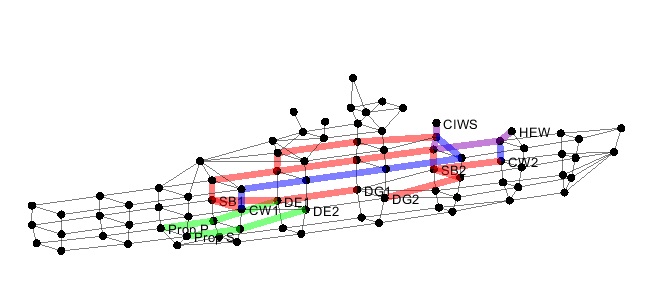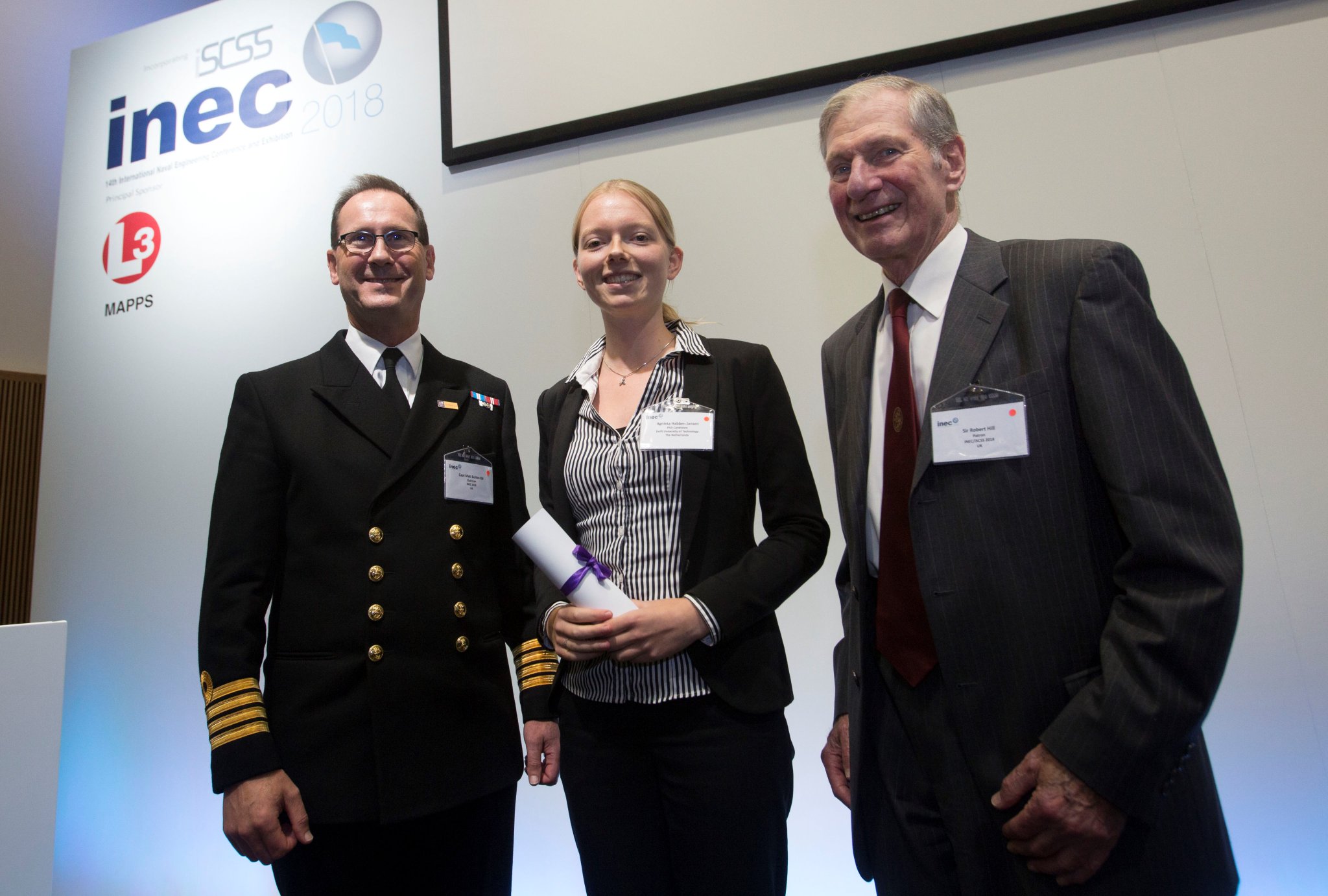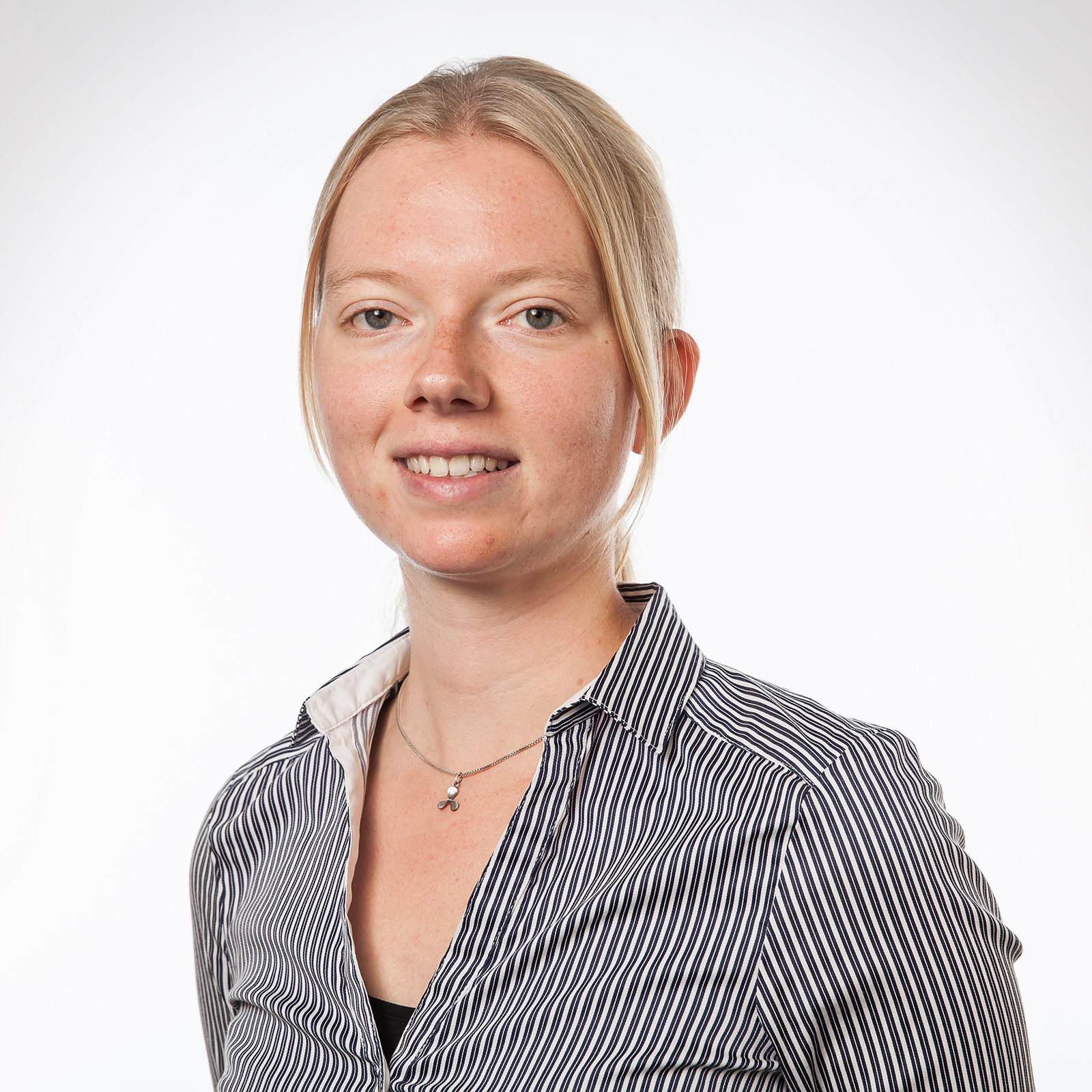New method for reducing vulnerability of naval vessels wins prize
Agnieta Habben Jansen, PhD student at the Department of Maritime and Transportation Technology, won the Sir Donald Gosling Award during the International Naval Engineering Conference (INEC) in Glasgow. She received the award for her paper about her PhD research on a new method to assess a naval vessel’s vulnerability at an early stage in the design process. Co-authors of the paper are Agnieta’s supervisors Austin Kana and Etienne Duchateau of the Defensie Materieel Organisatie (Defence Materiel Organisation).
Naval vessels often operate in dangerous areas and are therefore potentially vulnerable. The systems on board of these vessels are becoming increasingly complex as a result of the use of electrical or hybrid propulsion and a higher degree of automation. In the case of damage, these systems have to remain operational for as long as possible. Agnieta Habben Jansen has developed a method in which the vessel and the systems on board are modelled as a network. This schematic network indicates where the various compartments and important systems, such as the engine, are located. A vulnerability analysis of this network, which is conducted based on a mathematical method, can provide designers of vessels with quicker insight into potential vulnerabilities in the design and therefore enable them to design more efficient and safer vessels. Habben Jansen’s research is funded by the Office of Naval Research (ONR) of the United States Navy and is being carried out in cooperation with the Defensie Materieel Organisatie (DMO) in the Netherlands.
INEC
The International Naval Engineering Conference (INEC) is a bi-annual conference that covers a broad range of subjects related to the design of naval vessels. During the conference, the Sir Donald Gosling Award is given to young researchers (under the age of 35) who are inspiring and innovative. This award gives them additional encouragement and enables them to show their research to a global audience. Read more here.



